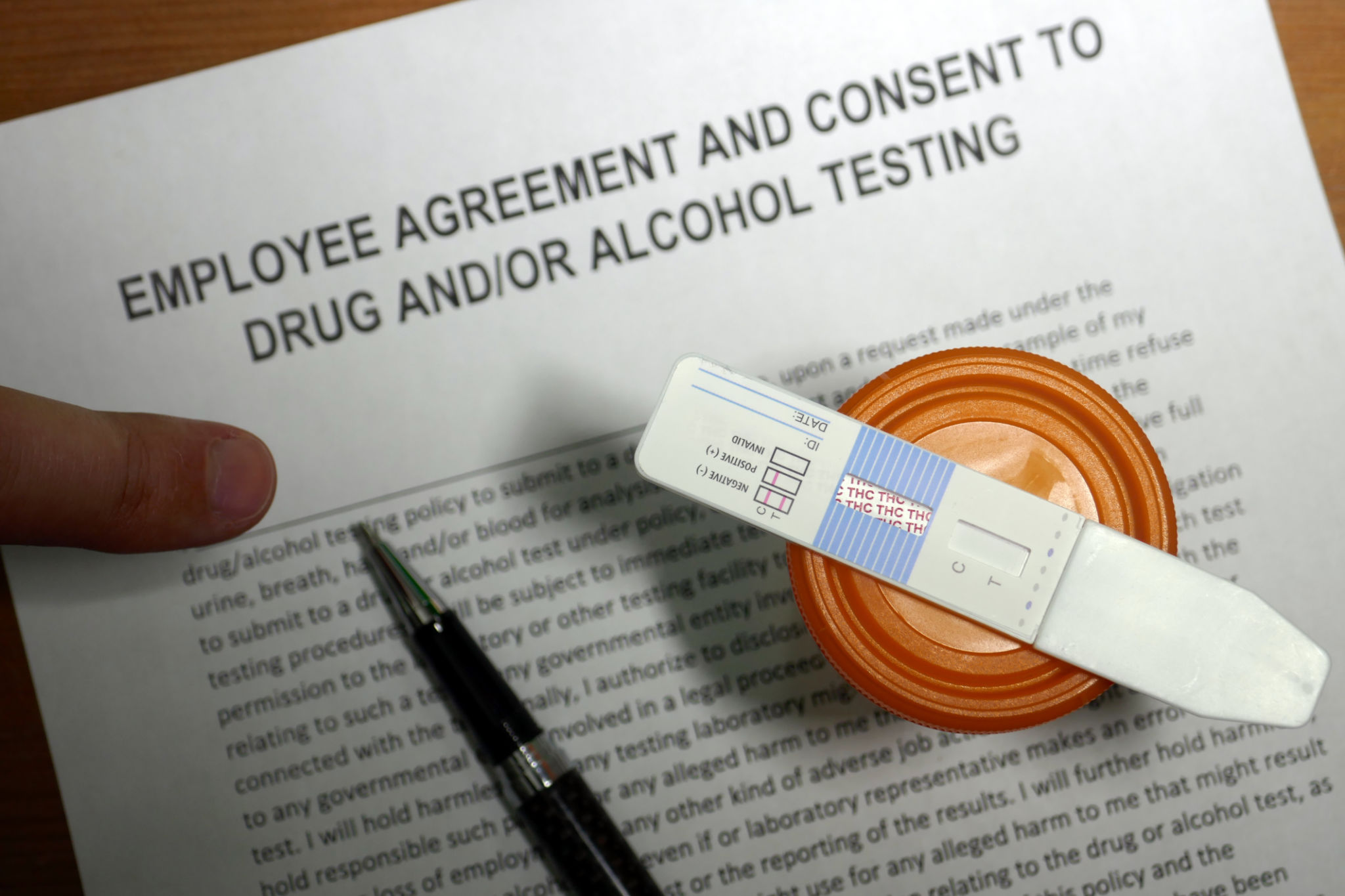Frequently Asked Questions About Drug Testing: Your Concerns Addressed
Understanding Drug Testing
Drug testing is a common practice in various sectors, including workplaces, sports, and medical fields. Despite its prevalence, many people still have questions about the process. This blog post aims to address some frequently asked questions to help clarify common concerns regarding drug testing.

What is Drug Testing?
Drug testing involves the analysis of biological samples, such as urine, hair, blood, or saliva, to detect the presence of specific substances. These tests are designed to identify recent use of drugs and can be administered for various reasons, such as pre-employment screening, random workplace testing, or compliance with legal requirements.
Why is Drug Testing Conducted?
The primary purpose of drug testing is to ensure safety and maintain a drug-free environment. In workplaces, it helps in promoting productivity and reducing the risk of accidents. In sports, it ensures fair competition by preventing performance enhancement through illicit substances. Additionally, drug tests are often used in rehabilitation centers to monitor recovery progress.
Types of Drug Tests
There are several types of drug tests available, each with its own methodology and detection window. Understanding these differences can help individuals better prepare for the process.
Common Drug Test Methods
- Urine Tests: The most common form of drug testing due to its cost-effectiveness and wide detection range.
- Blood Tests: Highly accurate but more invasive; used primarily in medical settings.
- Hair Tests: Can detect drug use over a longer period but less effective for recent use.
- Saliva Tests: Non-invasive and effective for detecting recent drug use, often used for roadside testing.

How Accurate are Drug Tests?
Drug tests are generally reliable when conducted properly. However, factors such as the type of test, sample handling, and time since drug use can influence results. Employers and organizations typically use certified laboratories to ensure accuracy and reliability.
Addressing Common Concerns
Individuals often have concerns about privacy, the impact of false positives, and what happens if they fail a drug test. Here are some insights into these common worries.
Privacy and Confidentiality
Drug testing is conducted under strict privacy regulations. Employers and testing facilities are required to handle all information confidentially. Results are only shared with authorized personnel to ensure individual privacy is maintained.

False Positives and Next Steps
A false positive occurs when a test incorrectly indicates drug use. This can happen due to certain medications or foods. If you believe your test result is inaccurate, it’s important to immediately inform the testing agency. Confirmatory tests can be conducted to verify the initial results.
Preparing for a Drug Test
If you're scheduled for a drug test, it's crucial to know how to prepare appropriately to ensure accurate results. Here are some practical tips:
Before the Test
- Avoid taking any non-prescription drugs that may interfere with the results.
- Inform the testing agency about any prescribed medications you are taking.
- Stay hydrated, as proper hydration can aid in providing a sufficient sample.
By understanding these aspects of drug testing, you can approach the process with confidence and clarity. Remember, being informed is your best defense against any concerns related to drug testing procedures.
